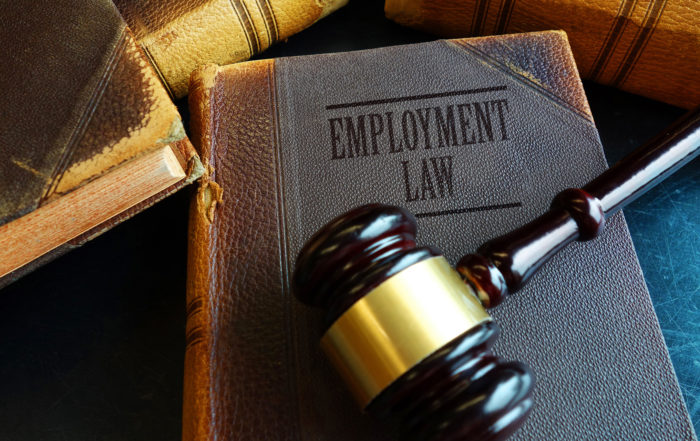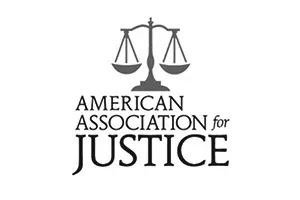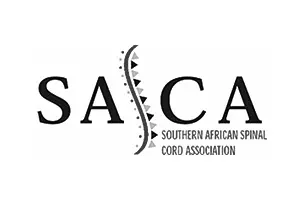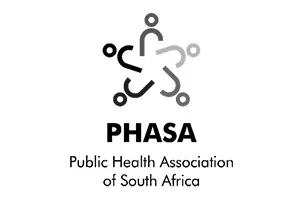Sexual Harassment: Your Inaction Could Lead to Action Against You
A WARNING TO EMPLOYERS TO ADEQUATELY DEAL WITH SEXUAL HARASSMENT MATTERS IN THE WORKPLACE
Written By Sandile Mnguni
South Africa is a country that continues to grapple with the scourge of sexual harassment, rape and related offences on a daily basis. This heinous crime is unfortunately also prevalent in the workplace environment. Despite vast awareness campaigns that have been embarked upon by members of society and the media attention that perpetrators receive, it seems as though the road to ridding our communities of this act is a long one.
It is for this reason that in March 2022 the Minister of the Department of Employment and Labour published the Code of Good Practice on the Prevention and Elimination of Harassment in the Workplace (“the Code”). The Code aims to prevent and eliminate all forms of harassment in the workplace, including sexual harassment. It is among other pieces of policy and legislative interventions that exist in our employment law framework, which are intended to regulate the conduct of employees in the workplace. Chief amongst these interventions is the Employment Equity Act, 55 of 1998 (“the EEA”) which the Code augments.
In terms of the EEA, harassment of an employee constitutes unfair discrimination and is prohibited on any one or a combination of the listed grounds such as sex, gender and/or sexual orientation. Sexual harassment is seen as any physical conduct of a sexual nature, victimization, verbal conduct such as innuendos, sexual advances, or even comments about a person’s body, which impairs the dignity of the employee who endures such conduct.
As an employer, the EEA and the Code places a duty on you to ensure that adequate steps are taken to eradicate and prevent such conduct. These steps include but are in no way limited to, adopting a policy on sexual harassment, conducting a risk assessment of the workplace environment, advising and training your employees on such a policy. In the event that any of your employees commits such conduct, you are also required to intervene by investigating the matter and taking action against such an employee. These are crucial steps which cannot be ignored by an employer because should your employee endure such conduct, you may be held vicariously liable in any proceedings which that employee may institute. Your inaction may lead to action being taken against you. This duty is also further entrenched in the Occupational Health and Safety Act, 85 of 1993 which places an obligation on employers to protect employees against any form of harassment which would endanger the health and safety of an employee.
As can be seen, there is a plethora of laws which have been enacted to safeguard employees from sexual harassment in the workplace. Our courts have reiterated that a zero-tolerance sentiment must be adopted towards harassment of any kind. With that said, the steps discussed here are in no way exhaustive and all employers are encouraged to acquaint themselves with the various policies and legislative reforms mentioned. This is to not only react to a situation where sexual harassment has taken place but to also prevent it from happening to other employees in the future. Gone are the days when employers can adopt an armchair approach to these types of matters.
approach to these types of matters.
The current position on objections to the con/arb process
Con/arb process - The Commission for Conciliation, Mediation[...]
Out of time? Think again – The CCMA and its rules
By Lara Keil (Candidate Legal Practitioner) under the[...]
RAF’s lodgement requirements: Claimants further prejudiced
By Lara Keil (Candidate Legal Practitioner) under[...]














